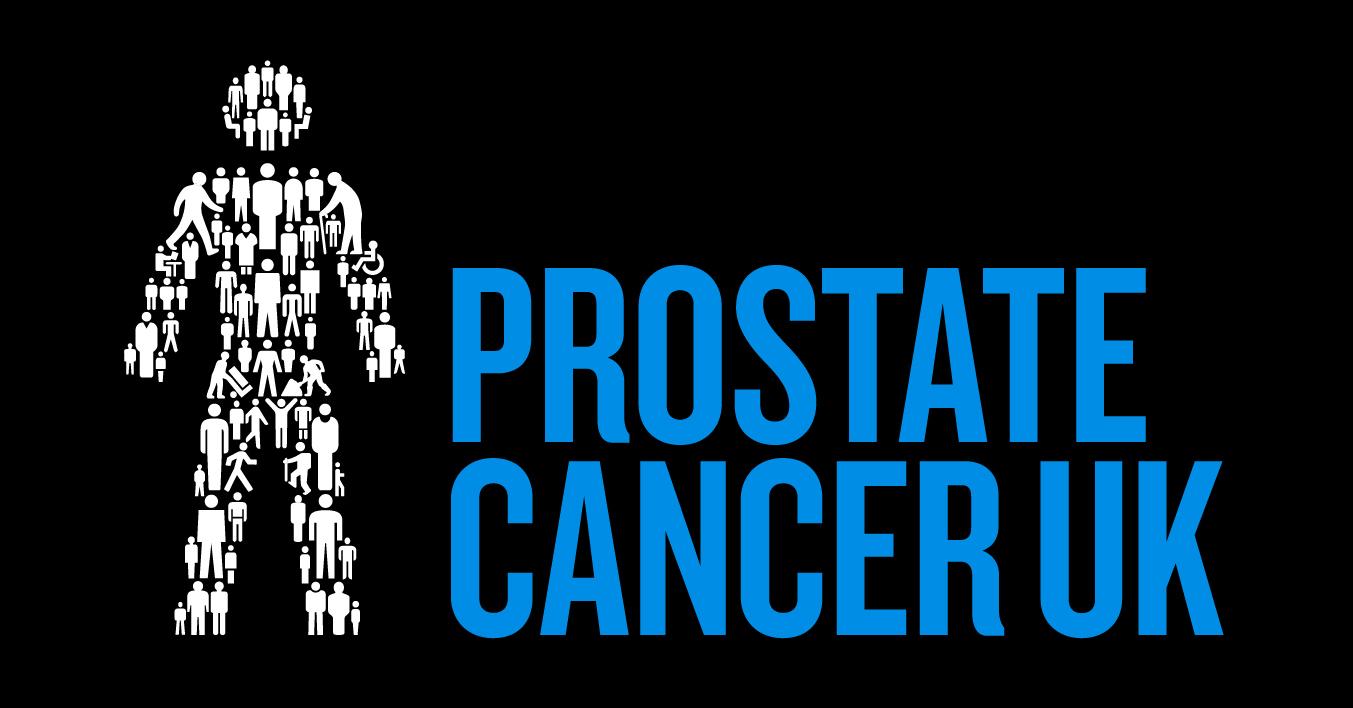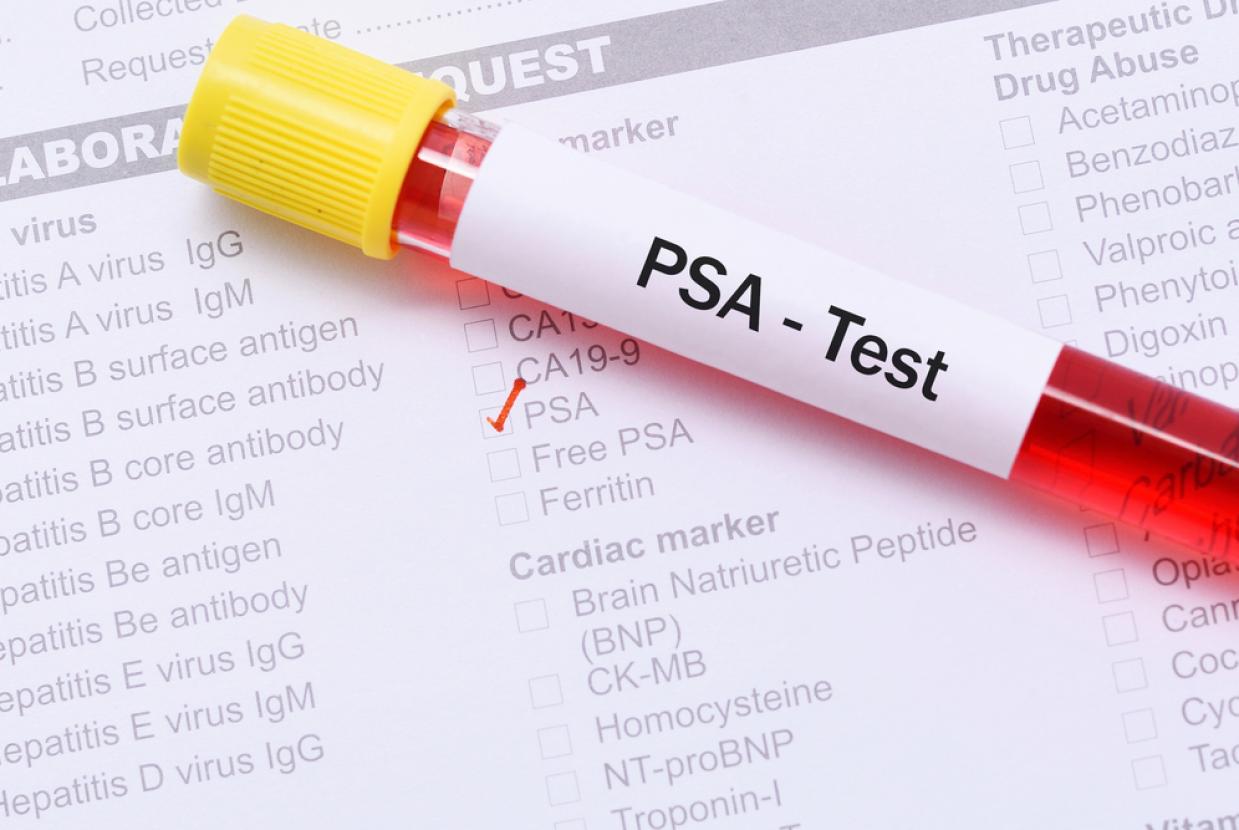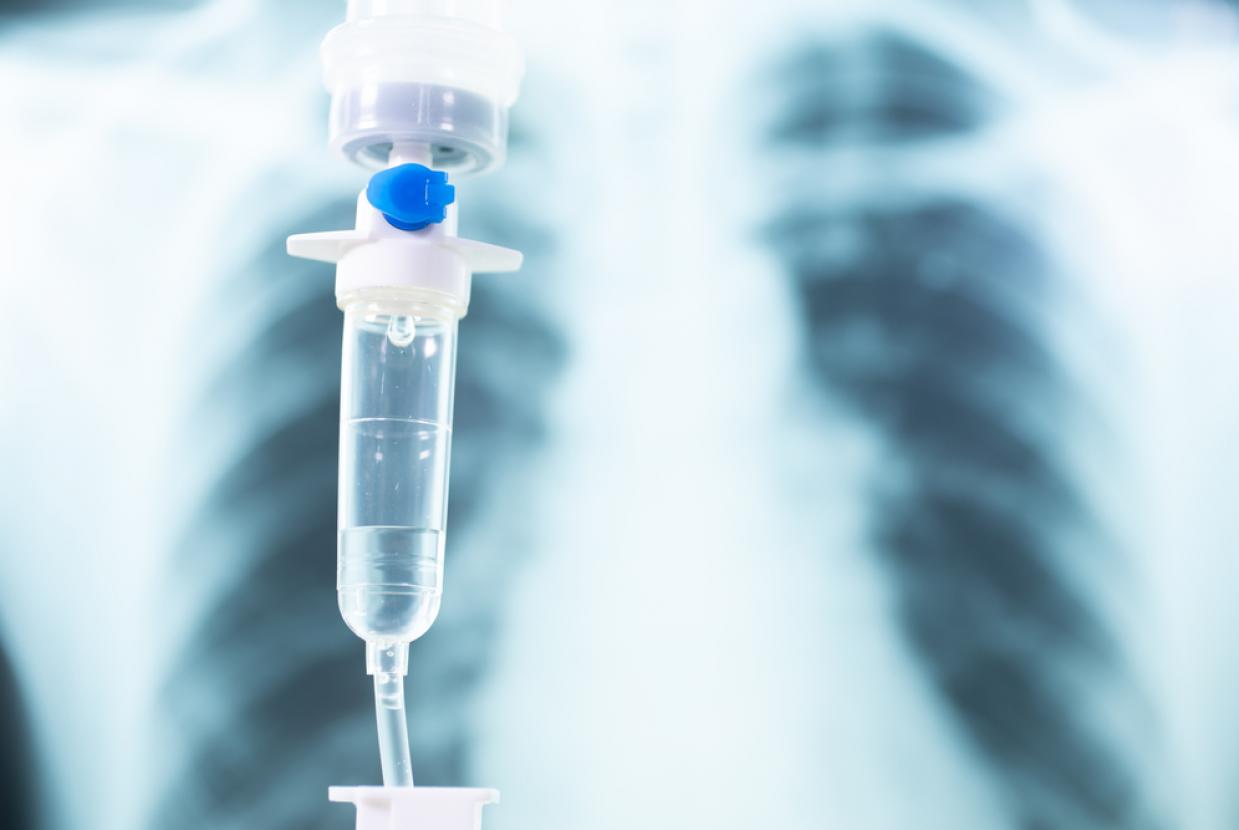Am I At Risk Of Prostate Cancer?
In the UK, about 1 in 8 men will be diagnosed with prostate cancer in their lifetime. We don't know exactly what causes prostate cancer but there are some things that may mean you are more likely to get it – these are called risk factors.
There are three main risk factors for getting prostate cancer, which are things you can't change. These are:
- getting older – it mainly affects men aged 50 or over
- having a family history of prostate cancer
- being black.
If you have any of these risk factors or if you have any symptoms, speak to your GP. They can talk to you about your risk, and about the tests that are used to diagnose prostate cancer. You can also get in touch with our Risk Information Service, who can help you understand your risk of prostate cancer.
Age
- Prostate cancer mainly affects men over 50, and your risk increases as you get older.
- The most common age for men to be diagnosed with prostate cancer is between 70 and 74 years.
- If you’re under 50, and don't have other risk factors, your risk of being diagnosed with prostate cancer is very low. Men under 50 can get it but it isn't common.
- If you’re Black or have a family history of prostate cancer, you are at a higher risk of getting prostate cancer from the age of 45.
If you're over 50 and you're worried about your risk of prostate cancer, you might want to ask your GP about tests for prostate cancer. If you're over 45 but have a higher risk of prostate cancer you might want to talk to your GP too.
Our Risk Information Service can also help you understand your risk of getting prostate cancer.
Your family history is information about any health problems that have affected your family. Families have many common factors, such as their genes, environment and lifestyle. Together, these factors can help suggest if you are more likely to get some health conditions.
Inside every cell in our body is a set of instructions called genes. These are passed down (inherited) from our parents. Genes control how the body grows, works and what it looks like. If something goes wrong with one or more genes (known as a gene variant), it can sometimes cause cancer. Some faults in genes can be passed on from your parents and could increase your risk of getting prostate cancer.
Is prostate cancer hereditary?
If people in your family have prostate cancer or breast cancer, it might be due to changes (faults) in certain genes. If you have inherited the same faulty gene, it could increase your own risk of getting prostate cancer too.
My father had prostate cancer. What are my risks?
You are more likely to get prostate cancer if you have a family history of it, compared to a man who has no relatives with prostate cancer.
- You are two and a half times more likely to get prostate cancer if your father or brother has had it.
- Your chance of getting prostate cancer may be higher if you have more than one close relative (father, brother, uncle or grandfather) who has it.
- Your chance of getting prostate cancer may be even greater if your relatives were under 60 when they were diagnosed.
Do you have a family history of prostate cancer?
If you have relatives with prostate cancer and are worried or want to know more about how this might affect you, speak to your GP. Our Risk Information Service can also help you understand your hereditary risk of prostate cancer. Although your risk of prostate cancer may be higher, it doesn’t mean you will get it.
BRCA genes and risk of prostate cancer
BRCA1 and BRCA2 are two genes that everyone has. The function of the BRCA genes is to keep healthy cells growing normally and prevent the growth of cancer cells.
In a small number of people, these genes change and don’t work properly – this is called a gene variant. Your body can create these gene variants over time, or they can be inherited.
Men with a BRCA2 gene variant have a higher lifetime risk of developing prostate cancer during their lifetime. If you have a BRCA1 variant, your lifetime risk of developing prostate cancer may only increase slightly. But the evidence remains unclear. Some research suggests that having a BRCA1 or BRCA2 gene variant may also increase your risk of being diagnosed with prostate cancer at a younger age or having aggressive (more likely to spread) prostate cancer.
In the general population, around 1 in 300 to 400 people have a BRCA gene variant. But people from an Ashkenazi Jewish background have a higher risk – around 1 in 40 people may carry a BRCA gene variant.
NHS England is offering free BRCA gene testing for anyone living in England who is aged 18 or over and has one or more Jewish grandparent. For more information, visit jewishbrca.org or nhsjewishbrcaprogramme.org.uk.
Having a BRCA variant doesn’t mean you will get prostate cancer. But it’s important to speak to your GP if you have any relatives with prostate cancer, breast cancer, ovarian cancer with a known BRCA gene variant, as your risk of prostate cancer may be higher. You may be offered to have a blood test to see if you have a BRCA gene variant. The NHS website has further information on genetic testing and genetic counselling.
Black men
Black men are more likely to get prostate cancer than other men. We don’t know why, but it might be linked to genes.
- In the UK, about 1 in 4 Black men will get prostate cancer in their lifetime.*
- Black men are more likely to be diagnosed with prostate cancer at a younger age compared with men of other ethnicities. Prostate cancer mainly affects Black men over 45.
If you have mixed Black ethnicity, you are likely to be at higher risk of prostate cancer than other ethnicities. But we don’t know your exact risk because we don’t have enough information on prostate cancer in men with mixed black ethnicity. And we don’t know whether it makes a difference if it’s your mother or father who is Black.
If you're a Black man and you're over 45, speak to your GP about your risk of prostate cancer, even if you don't have any symptoms. Remember to tell them if you have a family history of prostate cancer or breast cancer. You can also contact our Risk Information Service.
Read more about the risk in Black men and the research we are funding to find out why Black men are at higher risk.
*This statistic was worked out using information about men recorded as ‘Black African’, ‘Black Caribbean’ and ‘Black other’.
Can prostate cancer be prevented?
No one knows how to prevent prostate cancer, but a healthy lifestyle may be important.
Body weight
Being overweight may increase your risk of being diagnosed with prostate cancer that’s aggressive (more likely to spread) or advanced (cancer that has spread outside the prostate). Eating healthily and keeping active can help you stay a healthy weight.
































































